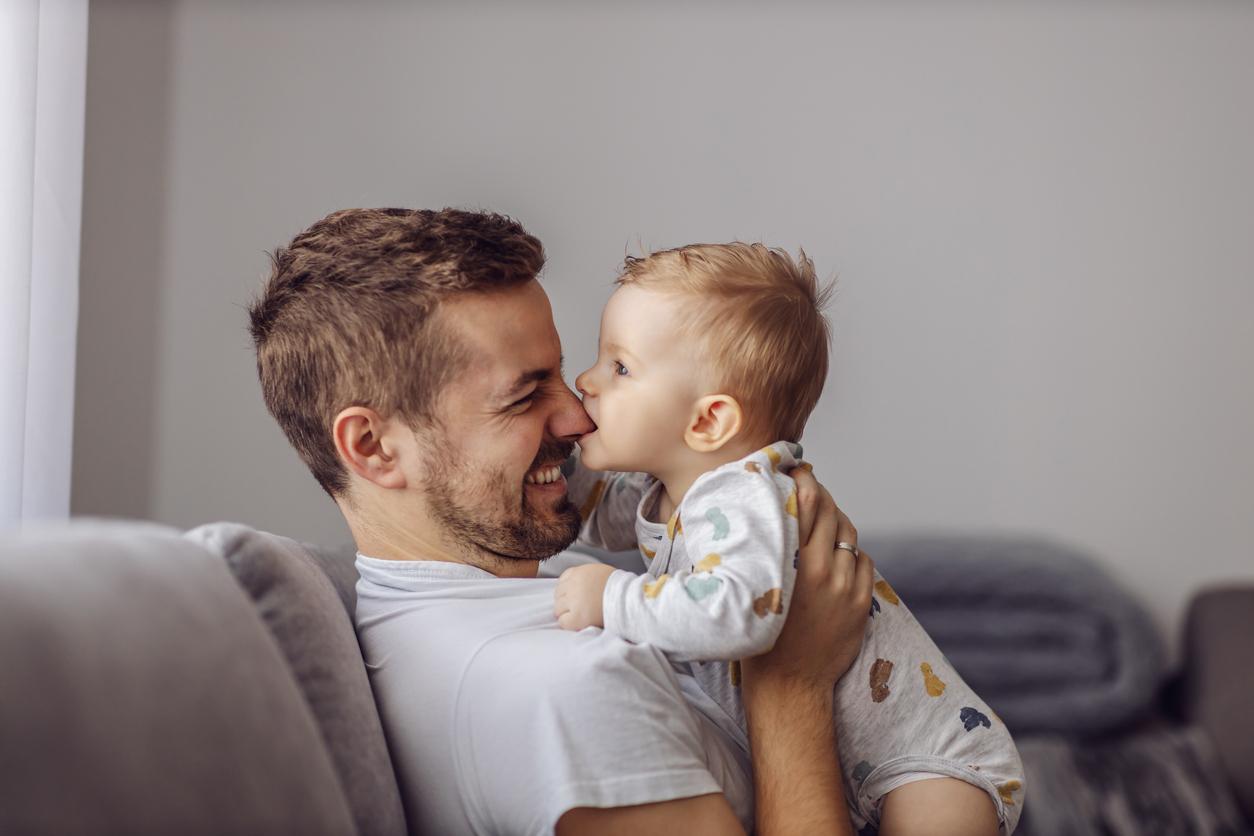According to psychologists, working on your emotional flexibility is the secret to being happy as a couple.

- Psychological flexibility is defined by scientists as a set of skills that people mobilize when faced with difficult thoughts, emotions or experiences.
- In recent decades, the number of divorces has increased considerably in France.
The synthesis of a series of psychological analyzes shows that emotional flexibility is THE secret to a successful life as a couple. This work, published in the Journal of Contextual Behavioral Sciencestatistically combined the results of 174 studies on various approaches, such as acceptance and commitment therapies, or emotion regulation.
Psychological flexibility in everyday life
“To put it simply”explains Ronald Rogge, professor of psychology at the University of Rochester, “This meta-analysis highlights that being attentive and emotionally flexible in difficult and trying situations not only improves the lives of individuals, but can also strengthen and enrich their intimate relationships.”
Psychological flexibility is defined by scientists as a set of skills that people mobilize when faced with difficult thoughts, emotions or experiences. It is, for example:
– Be open to new experiences and accept them, whatever the difficulties or challenges they present.
– Be aware and enjoy the present moment throughout daily life.
– Experiencing thoughts and feelings without clinging to them obsessively.
– Knowing how to project oneself into the future, even in the event of negative thoughts and feelings.
– Do not disconnect from our deep values, even if we are going through one or more stressful or chaotic days.
– Continuing to take action to achieve personal goals, even in the face of difficult experiences and setbacks.
The consequences of psychological rigidity
Conversely, in romantic relationships, psychological rigidity has been associated by researchers with:
– Dissatisfaction on a personal level and with his partner.
– A less fulfilling sex life.
– Less support between spouses.
– No more arguments, physical aggression and attachment disorders.
In 2019, in France, 227,000 marriages were celebrated, including 221,000 between people of different sexes and 6,000 between people of the same sex. At the other end of the scale, nearly 130,000 divorces are pronounced each year. In recent decades, the number of divorces has increased considerably in France (for comparison, there were only 44,738 divorces in 1972). Result: nearly 45% of marriages today end in divorce. Divorced French men are on average 42 years old, and women in the same situation 44 years old.
.















